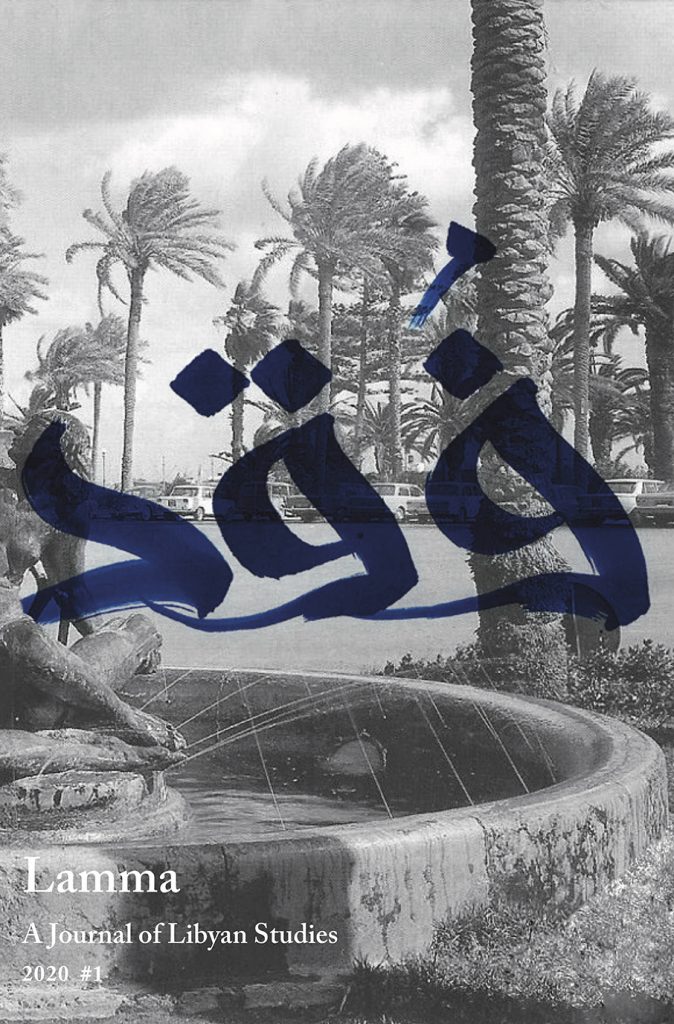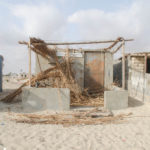Lamma aims to provide a forum for critically understanding the complex ideas, values, social configurations, histories, and material realities in Libya. Recognizing, and insisting on, the urgent need for such a forum, we give attention to a wide a range of disciplines, sources, and approaches, foregrounding especially those which have previously received less scholarly attention. This includes, but is not limited to: anthropology, art, gender, history, linguistics, literature, music, performance studies, politics, religion, and urban studies, in addition to their intersections, their subfields, the places in between, and critical, theoretical, and postcolonial approaches thereto. Lamma is a space where these fields can interact and draw from one another, and where scholars and students from inside and outside of Libya gather to redefine and reshape “Libyan Studies.” We believe that access to research is not the privilege of a few but the right of all and that knowledge production should be inclusive. For these reasons the journal takes its name from the Arabic word lamma, “a gathering.”
This first issue of Lamma brings together academic research, cultural commentary, literature, and translation. It aims to show some of the possible varieties of research on Libya, from history and literature to sociolinguistics, gender studies, and more. But, perhaps more importantly, it aims to show that the efforts of academic researchers, cultural actors, writers, translators, and even artists are not separate endeavors but rather intertwined. By bringing these efforts together in one forum, we hope to set them in fruitful dialog with each other—and thus begin to complexify the notion of “Libyan Studies.”
CONTENTS
Adam Benkato – “A Gathering”
Jakob Krais – “Re-Centering Libya’s History: Mediterranean Bulwark, Defender of Africa, or Bridge between Continents?”
Christophe Pereira – “The Construction of Virility and Performance of Masculinities in the Language Practices of Young Men in Tripoli”
Tasnim Qutait – “Retracing a Disappearing Landscape: On Libyan Cultural Memory”
Hadia Gana – “Building Bayt Ali Gana”
André Naffis-Sahely – “‘The Whole Shadow of Man’: Alessandro Spina’s Libyan Epic”
Alessandro Spina – “Excerpts from The Fourth Shore, translated by André Naffis- Sahely”
Lisa Anderson – “A Pool of Water: Perspectives on the Libyan Revolution”
Afifa Ltifi – “Review of The Slave Pens by Najwa Bin Shatwan”
Najat Abdulhaq – “Review of Jewish Libya: Memory & Identity in Text & Image, edited by Jacques Roumani, David Meghnagi, & Judith Roumani”


